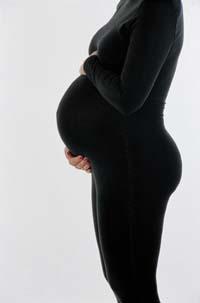A normal fertilization technique in doubt

Before embryo implantation in women over the age of thirty-five, the so-called PGS (Preimplantation genetic screening) test is often performed, which involves removing a cell to the embryo for three days and analyzing it genetically to determine whether chromosomes are normal. A healthy embryo is then applied to the woman. So far it has been considered that there was a greater possibility of pregnancy.
A study of four hundred women reveals, however, that women who have had PGS have become less pregnant than those who have not. Cellular withdrawal can damage the embryo in some way, so once in the uterus, the authors consider that they have greater difficulties in developing embryos. On the other hand, they say that the fact that the chromosomes of this cell are normal does not guarantee that the established embryo is healthy.
The results of the research have been published in a prestigious medical journal and presented to the European human fertilization organization at a French conference. However, not all scientists agree with the analysis and question the results obtained.





